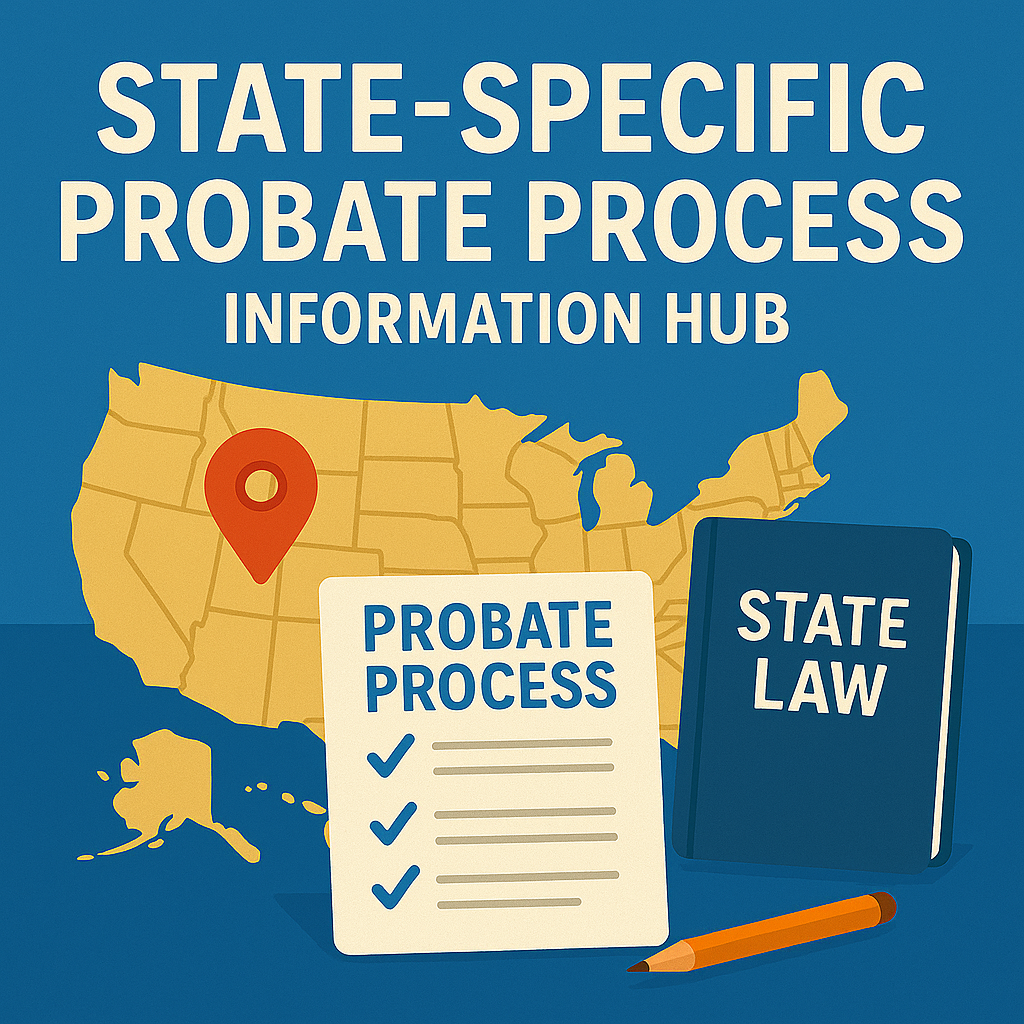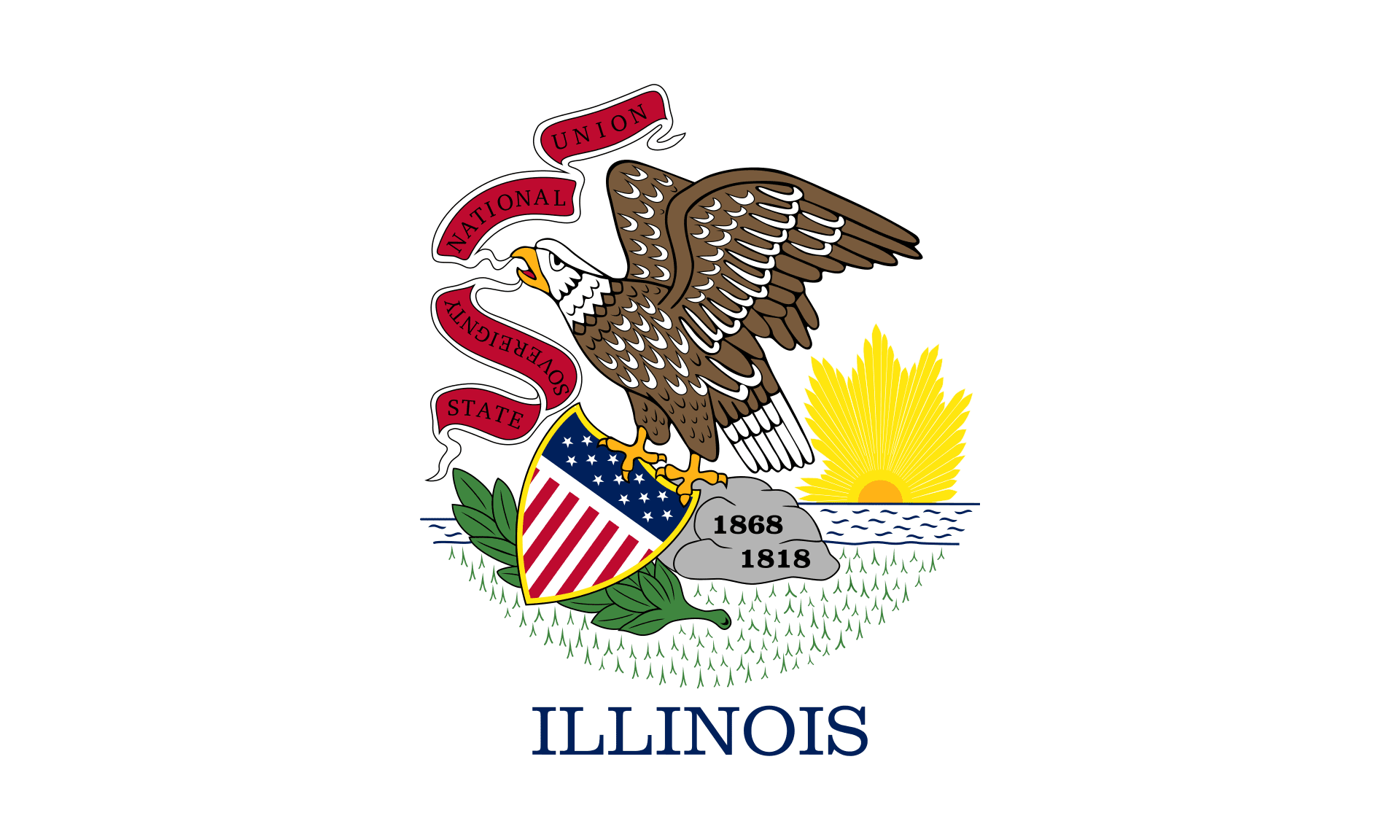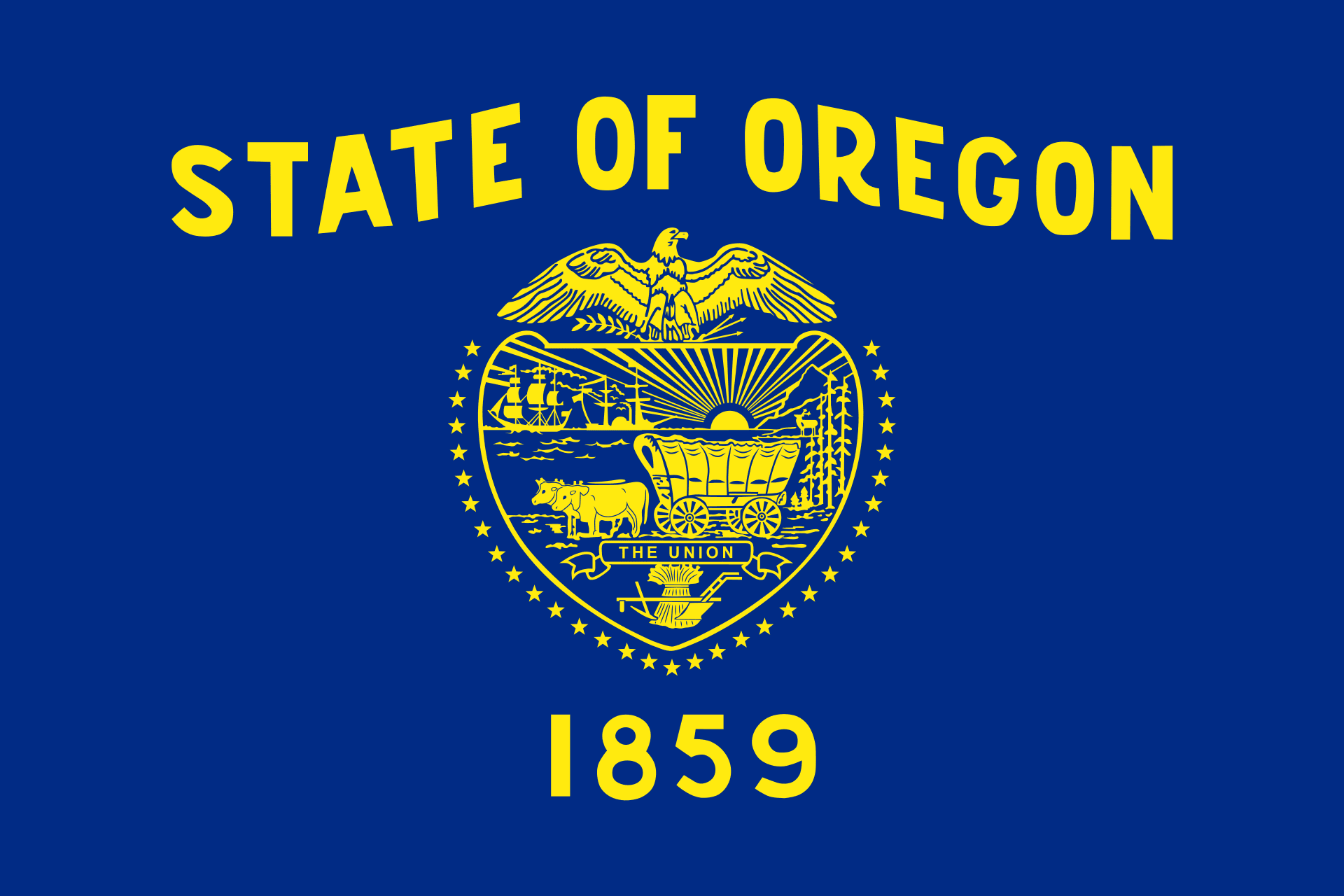The Probate Process Varies By Location
State-Specific Probate Process Information
Understanding the probate process can be challenging, especially since the rules and requirements vary from state to state. This page provides detailed, state-specific information to help you navigate the probate process in your location.
Whether you’re an executor managing an estate, a family member seeking information, or a legal professional, our resources will guide you through the key steps, timelines, and requirements for each U.S. state.

What is Probate?
Probate is the legal process of administering a deceased person’s estate, which involves validating the will, settling debts, and distributing the remaining assets to heirs or beneficiaries. Each state has its own specific probate laws that govern this process, including which estates require probate, how long probate takes, and what documents are necessary.
Why State-Specific Probate Information is Important
Each state’s probate process can differ significantly, from how assets are valued to the timeline creditors have to file claims. Understanding your state’s specific probate requirements can save time, reduce confusion, and help avoid costly legal mistakes.
Key Probate Information by State
We provide comprehensive information for all 50 states and Washington, D.C., including:
- Where Probate is Handled: Each state has its own court system and rules for managing probate cases. Our resources explain which court or office manages probate in your state.
- Key Steps in the Probate Process: Learn about the step-by-step process, including filing the will, notifying creditors, and distributing assets.
- Types of Probate: Some states offer simplified probate procedures for smaller estates. Understand the different types of probate available in your state, such as formal, informal, and small estate proceedings.
- When Probate is Required: Discover the criteria for when probate is necessary in your state, and when it can be avoided.
- Common Probate Terms: Get definitions of common legal terms used during probate, helping you understand the documents and procedures you may encounter.



















































